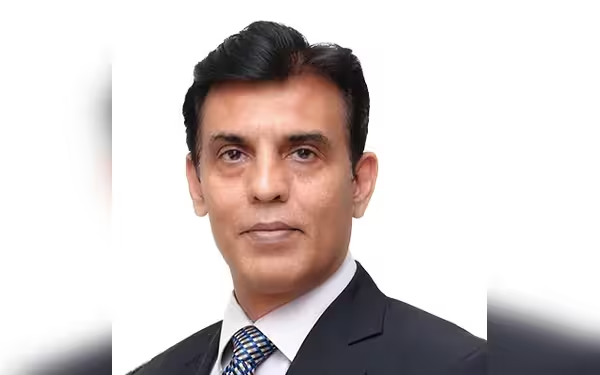Tuesday, July 2, 2024 03:29 PM
Dr. Abid Qaiyum Suleri advocates for sustainable waste management
- Open waste burning in Islamabad poses severe health risks
- Waste-to-energy projects offer a potential solution
- Community education crucial for effective waste management
 Image Credits: Sustainable Development Policy Institute
Image Credits: Sustainable Development Policy InstituteThe solid waste crisis in Islamabad demands urgent action through waste-to-energy projects and community education for sustainable waste management.
The unmanaged solid waste generation in Islamabad, the federal capital of Pakistan, has become a pressing issue, with around 2.6 million residents producing 1,535 tonnes of solid waste daily. Unfortunately, the civic agency can only manage a fraction of this waste, leading to open dumping and burning, causing severe air pollution and health hazards.
A study highlighted the detrimental effects of open waste burning on human health and the environment, emphasizing the urgent need for proper waste management. Dr. Abid Qaiyum Suleri suggested that waste-to-energy projects could be a viable solution to address the energy crisis in Pakistan while managing solid waste effectively.
Efforts to improve waste management practices are underway, with initiatives like door-to-door campaigns to raise awareness among communities. A lack of knowledge on waste segregation and the harmful effects of burning waste were evident, indicating the need for education and training.
On a positive note, innovative projects like an in-campus compost facility and successful waste-to-energy initiatives in countries like Sweden and Singapore offer hope for sustainable waste management solutions. These projects not only address environmental concerns but also create business opportunities, showcasing the potential for transforming waste into valuable resources.
In conclusion, addressing the solid waste management crisis in Islamabad requires a multi-faceted approach, including community education, technological advancements, and policy interventions to ensure a cleaner and healthier environment for all residents.













